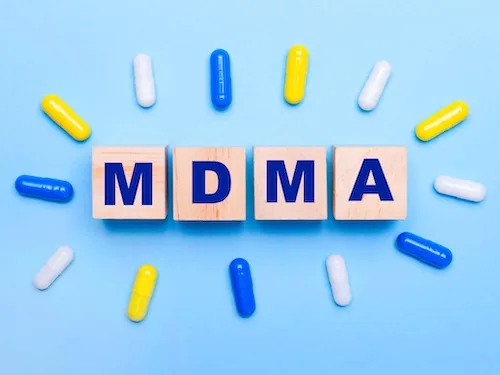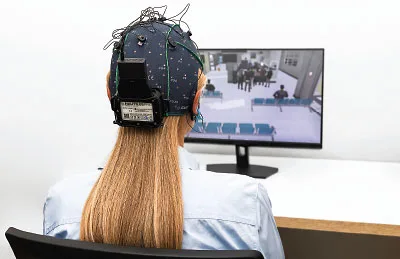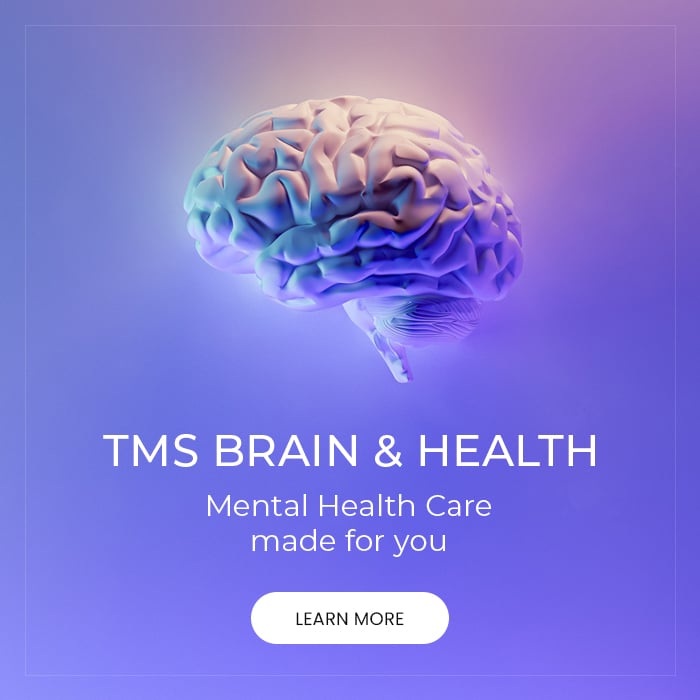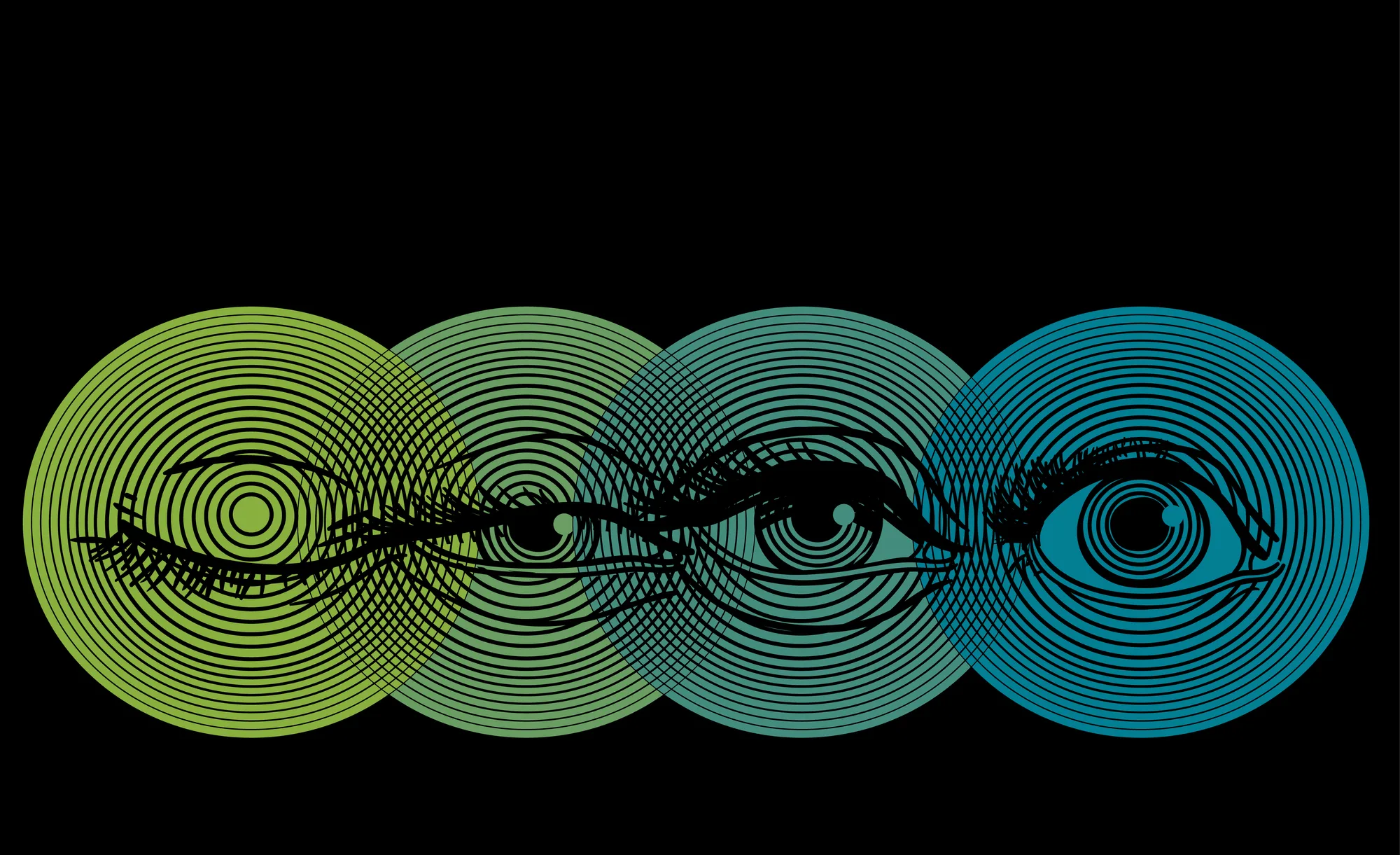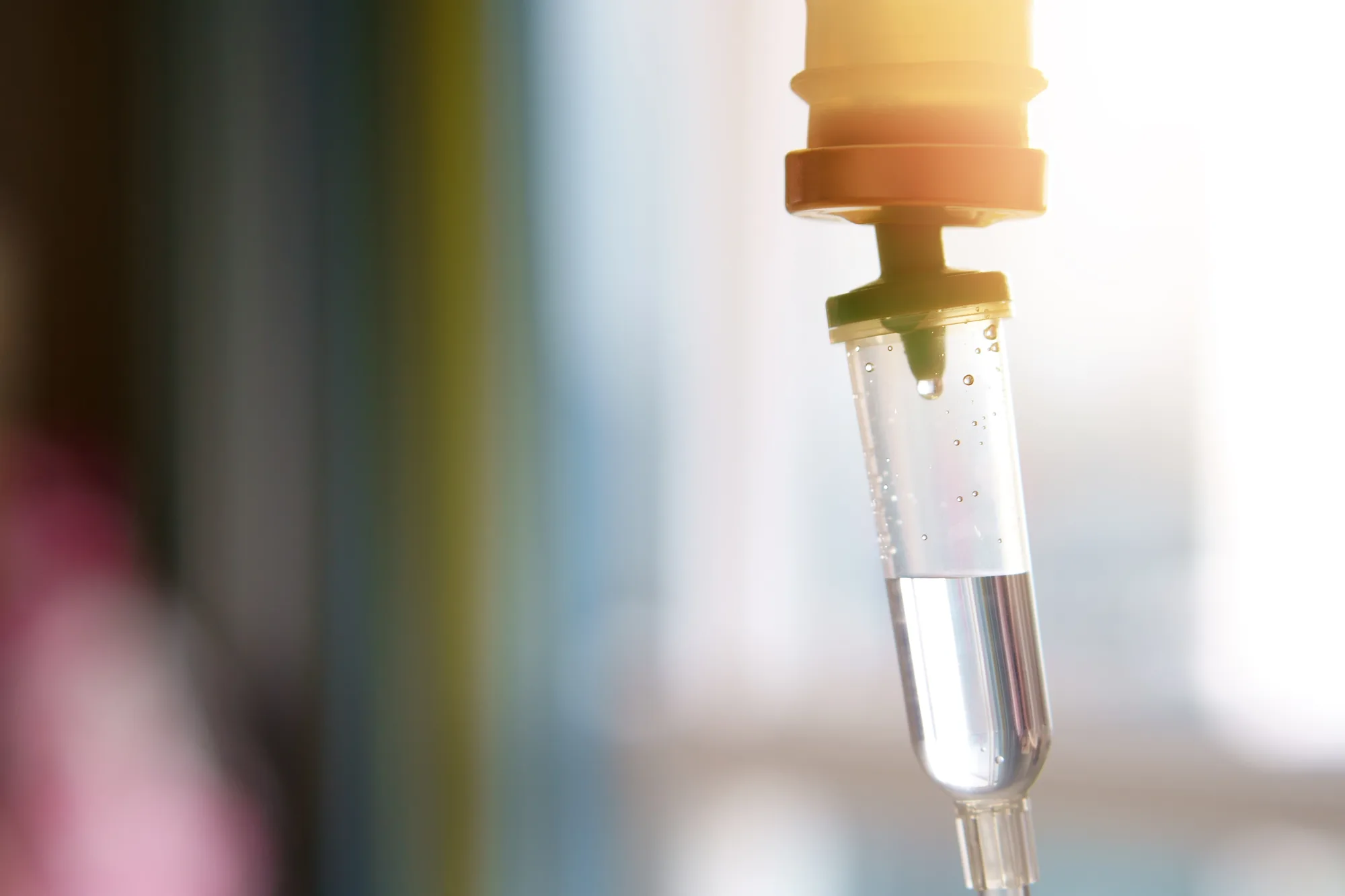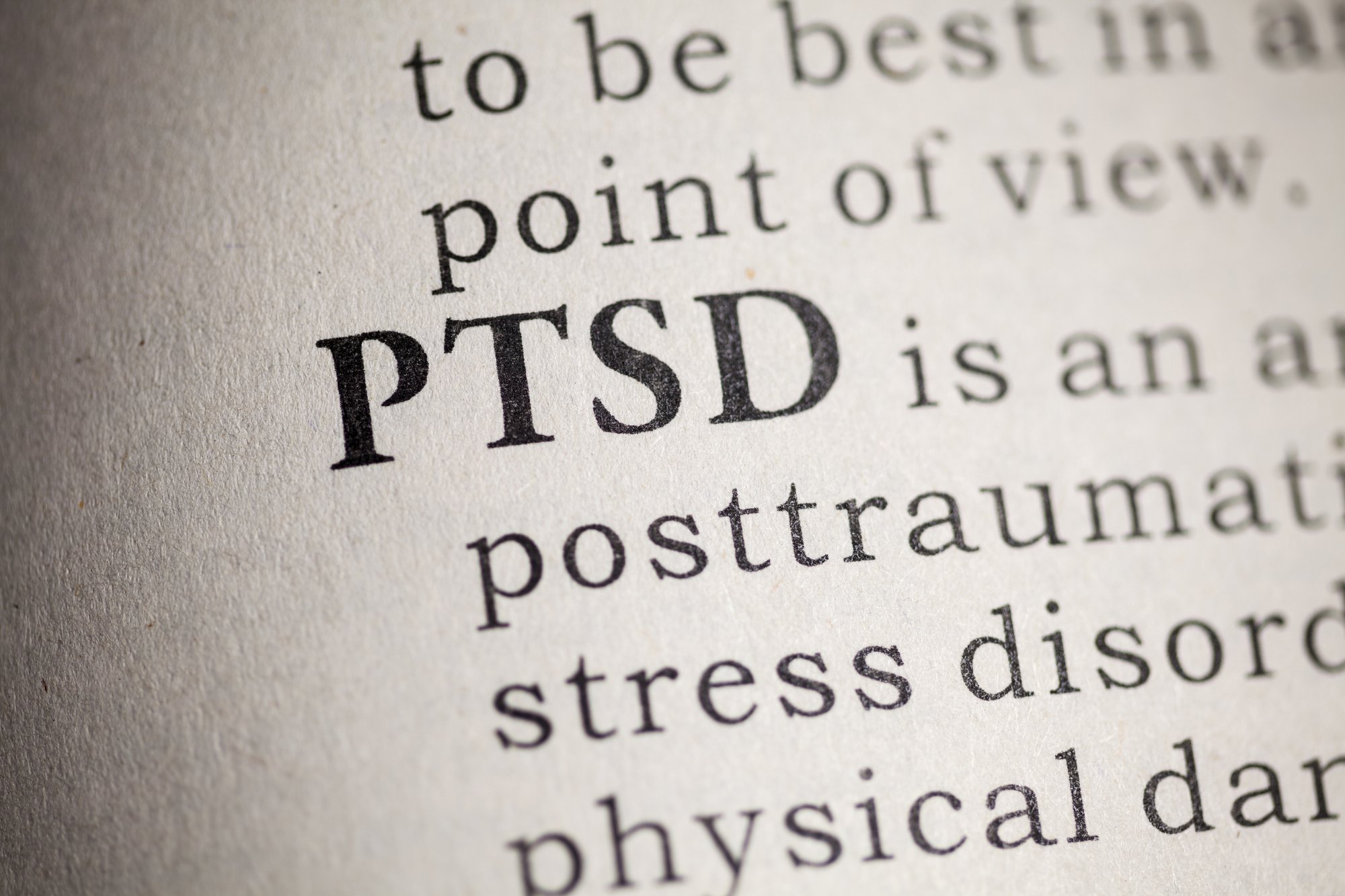Bipolar disorder affects about 5.7 million people in the United States, or about 2.8 percent of the adult population 18 years and older, with men and women affected equally. About 83 percent of the cases are classified as severe and, if left untreated, this disorder can worsen over time.
The Mayo Clinic defines bipolar disorder as, “a mental health condition that causes extreme mood swings that include emotional highs (mania or hypomania) and lows (depression).”
A few of the main symptoms associated with this disorder include the loss of interest in activities that were enjoyable in the past, appetite and sleep pattern changes, withdrawing from friends, and avoiding regular social activities.
The medication generally prescribed for this condition is sometimes not effective and this can lead to treatment-resistant depression. This is a serious complication for anyone dealing with the symptoms and effects of a mental health condition. But, did you know that ketamine is now used to treat bipolar disorder, major depressive disorder, and other mood disorders and can work on treatment-resistant depression as well?
A Faster Path to Relief for Bipolar Disorder
For many people prescribed an antidepressant drug, the medication either takes weeks before the full effect is realized, and/or it stops working after a while. There is new hope as ketamine therapy is showing promising results as a treatment method, often resulting in almost an immediate and significant reduction in symptoms.
According to a strategic plan published by the National Institute of Mental Health, “Preliminary studies suggested that inhibitors of glutamate could have antidepressant-like effects, and in a seminal clinical trial, the drug ketamine – which dampens glutamate – lifted depression in as little as 2 hours in people with treatment-resistant depression.”
Ketamine vs Other Treatment Methods
Ketamine has shown great potential for treating bipolar disorder versus placebo medications. The revolutionary treatment method is also out-performing antidepressant medications such as Zoloft, Prozac, Paxil and other selective serotonin reuptake inhibitors (SSRIs) drugs.
Ketamine also appears to cause fewer side effects compared to other medications. Some of the adverse effects associated with traditional antidepressant drugs include sexual dysfunction, insomnia, headache, dry mouth, nausea and changes in weight.
A 2017 Yale study mentioned that cognitive behavioral therapy (CBT), following ketamine treatment, helped extend the antidepressant benefit. Dr. Gerard Sanacora, a psychiatrist at Yale Medicine says, “Currently, we’re looking at how talk therapy might work in conjunction with ketamine, since it helps patients create new neural pathways for positive thought patterns, for long-term change.”
If you are considering ketamine therapy, continue taking any medications prescribed by your doctor. While you may be able to start lowering your dosage of antidepressants after beginning this type of treatment, you first need to consult with either your psychiatrist or primary care physician.
Why Use IV Ketamine Infusions
But, how do you know what type of ketamine is most effective? In an article published in The Mental Health Clinician, researchers reported that the, “Oral form of ketamine demonstrates poor oral bioavailability (17 percent to 20 percent); therefore, intravenous (IV) administration is the primary delivery route.”
A single IV dose of ketamine can start to bring relief to symptoms within 2 to 4 hours of administration. Maximal results are experienced up to 24 hours after the initial infusion with the effects lasting up to 7 days.
After your first infusion, your doctor may decide to slightly modify your treatment plan based on your individual results. Once these initial sessions are completed, many patients continue treatment with a monthly booster infusion to reinforce the long-term antidepressant effects.
A Typical Ketamine Treatment Session
If you are interested in exploring IV ketamine infusions further, schedule an appointment for an initial consultation. During your first visit, your doctor will meet with you to discuss both your physical and mental health history.
This detailed consultation will help the doctor compile your treatment plan. Your healthcare provider will often recommend a series of multiple infusions, scheduled over the course of a few weeks, for best results.
As ketamine is a powerful medication, the drug is administered in a clinical setting under the supervision of a team of medical professionals. A typical IV infusion session, done on an outpatient basis, lasts around 40 to 60 minutes, with patients being monitored for up to 2 hours after treatment.
Find a Treatment Provider
A quick search online will help you find ketamine infusion treatment providers. Bespoke Treatment (TMS) is one such provider for anyone looking for treatment options in Los Angeles and the surrounding area.
At PKI, IV ketamine infusions have proven effective for 80 to 85% of their patients who have depression or other mood disorders. They help over 3,000 patients per month treating people with depression, bipolar disorder, PTSD and more. The institute has a staff of over 100 employees, including three doctors and 10 advanced practice nurse practitioners.
Contact the Bespoke Treatment today to see if you are nearby our Beverly Hills clinic to get a free consultation and get the help you need and improve the quality of your life: 833-867-2329.
References
The following sources were consulted during the writing of this article:
Depression and Bipolar Support Alliance. Bipolar Disorder Statistics. Retrieved from: https://www.dbsalliance.org/education/bipolar-disorder/bipolar-disorder-statistics/
National Alliance on Mental Illness. Bipolar Disorder. Retrieved from: https://www.nami.org/learn-more/mental-health-conditions/bipolar-disorder
Mayo Clinic. Bipolar Disorder. Retrieved from: https://www.mayoclinic.org/diseases-conditions/bipolar-disorder/symptoms-causes/syc-20355955
National Institute of Mental Health. NIMH Strategic Plan for Research. Retrieved from: https://www.nimh.nih.gov/about/strategic-planning-reports/highlights/highlight-ketamine-a-new-and-faster-path-to-treating-depression.shtml
Mayo Clinic. Selective Serotonin Reuptake Inhibitors (SSRIs). Retrieved from: https://www.mayoclinic.org/diseases-conditions/depression/in-depth/ssris/art-20044825
Chen, Jennifer. Treating Depression: An Expert Discusses Risks, Benefits of Ketamine. Retrieved from Yale Medicine: https://www.yalemedicine.org/stories/ketamine-the-new-miracle-drug/
Chen, Jennifer. How New Ketamine Drug Helps with Depression. Retrieved from Yale Medicine: https://www.yalemedicine.org/stories/ketamine-depression/
Grady, Sarah E. et al. The Mental Health Clinician. Ketamine for the treatment of major depressive disorder in bipolar depression: A review of the literature. Retrieved from the National Institutes of Health: https://www.ncbi.nlm.nih.gov/pmc/articles/PMC6007654/


